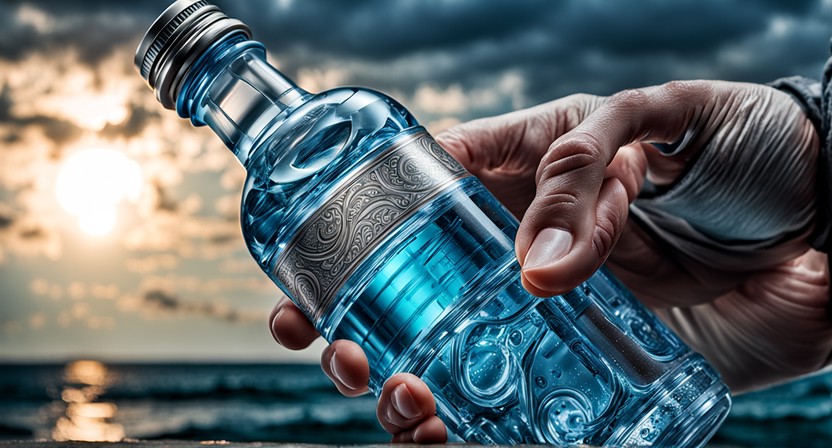Athletes Hydration
Every athlete should actively monitor their hydration and take responsibility for crafting a robust rehydration strategy, drinking water regularly.

From high school athletes to weekend warriors and professional sports stars, athletes at all levels share a common necessity: staying adequately hydrated for peak performance. While the importance of hydration in daily life cannot be overstated, its significance is even more pronounced during physical activity. In this article, we delve into the critical role hydration plays in athletic performance, explore the signs of dehydration, and provide practical guidance on how to stay optimally hydrated throughout your sports journey.
Recognizing Dehydration
Dehydration, characterized by a decrease in total body water content resulting from fluid loss or inadequate intake, can have severe repercussions on athletic prowess. As we delve into the signs of dehydration, it becomes evident that these symptoms are often subtle and can elude even seasoned athletes. Dry mouth, thirst, headache, lethargy, dry skin, muscle weakness, dark urine, and dizziness are all telltale signs. The importance of recognizing these early warning signals cannot be stressed enough, as timely intervention is key to sustaining your performance.
The Impact of Hydration on Athletic Performance
Dehydration's influence on athletic performance is profound, potentially halving your exercise endurance. Effects such as reduced blood volume, decreased skin blood flow, lower sweat rates, increased core temperature, and accelerated muscle glycogen use all work in tandem to undermine your peak performance potential. Moreover, the mental game is not spared, as dehydration leads to slower reaction times, heightened fatigue, and diminished concentration. Environmental factors, such as scorching heat, further emphasize the year-round importance of staying hydrated.
Strategically Hydrating for Success
Fortunately, maintaining proper hydration is achievable by adopting a comprehensive approach encompassing pre-, during-, and post-activity hydration strategies. Calculating your daily water requirement is as simple as halving your body weight in pounds and converting it to ounces per day. For instance, a 160-pound individual should aim for 80 ounces of water daily, roughly equivalent to five standard water bottles. Here are guidelines for each phase of activity:
Before Activity: The key here is to prehydrate adequately before the physical activity begins. Do not wait until thirst sets in; anticipate your body's needs and start hydrating in advance. Planning your hydration a day ahead ensures you're well-prepared to excel.
During Activity: Sustaining hydration during your activity is critical. Ensure you drink enough fluid to counteract sweat-induced fluid loss while avoiding overconsumption. According to the American Academy of Pediatrics, young athletes should consume 1 to 1.5 liters (34 to 50 ounces) of water per hour during the activity. For activities lasting longer than 90 minutes, consider electrolyte-replenishing sports drinks in addition to water.
Post Activity: Post-activity hydration aims to replenish the fluids lost during exercise. Doing so not only restores hydration but also accelerates recovery, reduces hypo-hydration symptoms, and minimizes post-exercise fatigue. Monitoring your body weight is a reliable way to assess your sweat loss; a change of plus or minus 1.5% indicates proper hydration, while a greater deviation suggests dehydration.
Hydration, often overlooked, is a cornerstone of athletic excellence. By prioritizing proper hydration, you can train harder, practice longer, and ultimately perform at your absolute best. Your body's everyday functions and your athletic pursuits will both reap the rewards of staying well-hydrated.